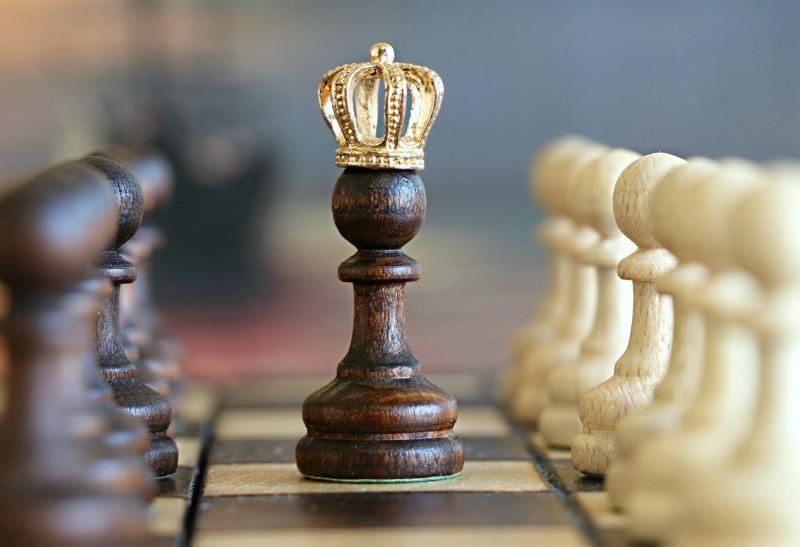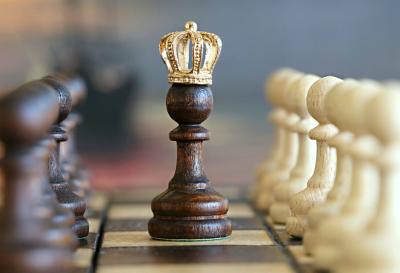A list compiled by "The Top Tens" includes five of the brightest minds who lived in different eras.
**Albert Einstein**
The list discusses this German-born American scientist (1879 - 1955) who developed the theory of relativity, which forms one of the cornerstones of modern theoretical physics. His research efforts redefined gravity, changed humanity's understanding of time, and contributed to the field of quantum mechanics. He was the first to suggest the possibility of an expanding universe, containing what is now known as "dark energy."
**Nikola Tesla**
An American of Serbian descent, Tesla achieved his scientific accomplishments with little support. This man (1856-1943) combined many skills; he was an inventor, electrical engineer, mechanical engineer, physicist, and futurist. Tesla is known for his contributions to electrical currents, especially regarding "alternating current." He also made significant scientific advancements in electric motors, X-rays, lasers, and remote control.
**Isaac Newton**
The theories developed by this English scientist in mathematics and physics during the 17th century formed the foundation for significant scientific discoveries made by prominent scientists in subsequent centuries, including Einstein himself. Newton’s (1642-1727) contributions marked what might be considered a scientific revolution in human history, especially with his discovery of the law of gravity at the age of 45.
**Leonardo da Vinci**
It is difficult for many to define the title that should be assigned to this Italian polymath. He excelled in painting, sculpture, architecture, music, sciences, mathematics, engineering, geology, anatomy, and astronomy. Thus, some consider Da Vinci (1452-1519) to be ahead of his time; he designed equipment and inventions in the 15th century that would not come to fruition until centuries later, such as helicopters, tanks, machine guns, and diving suits.
**Galileo Galilei**
This individual, who lived in Italy during the European Renaissance, played a significant role in the scientific revolution of that era. He was an astronomer, physicist, mathematician, engineer, and philosopher and challenged the prevailing misconceptions of his time, particularly the idea that the Earth was stationary. For many, he is regarded as the founder of modern astronomy. Galileo (1564-1642) proved incorrect a theory put forth by the famous philosopher Aristotle regarding motion, which suggested that heavier objects fall faster than lighter ones—an assumption he demonstrated in a public experiment was baseless.




